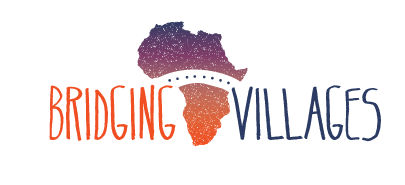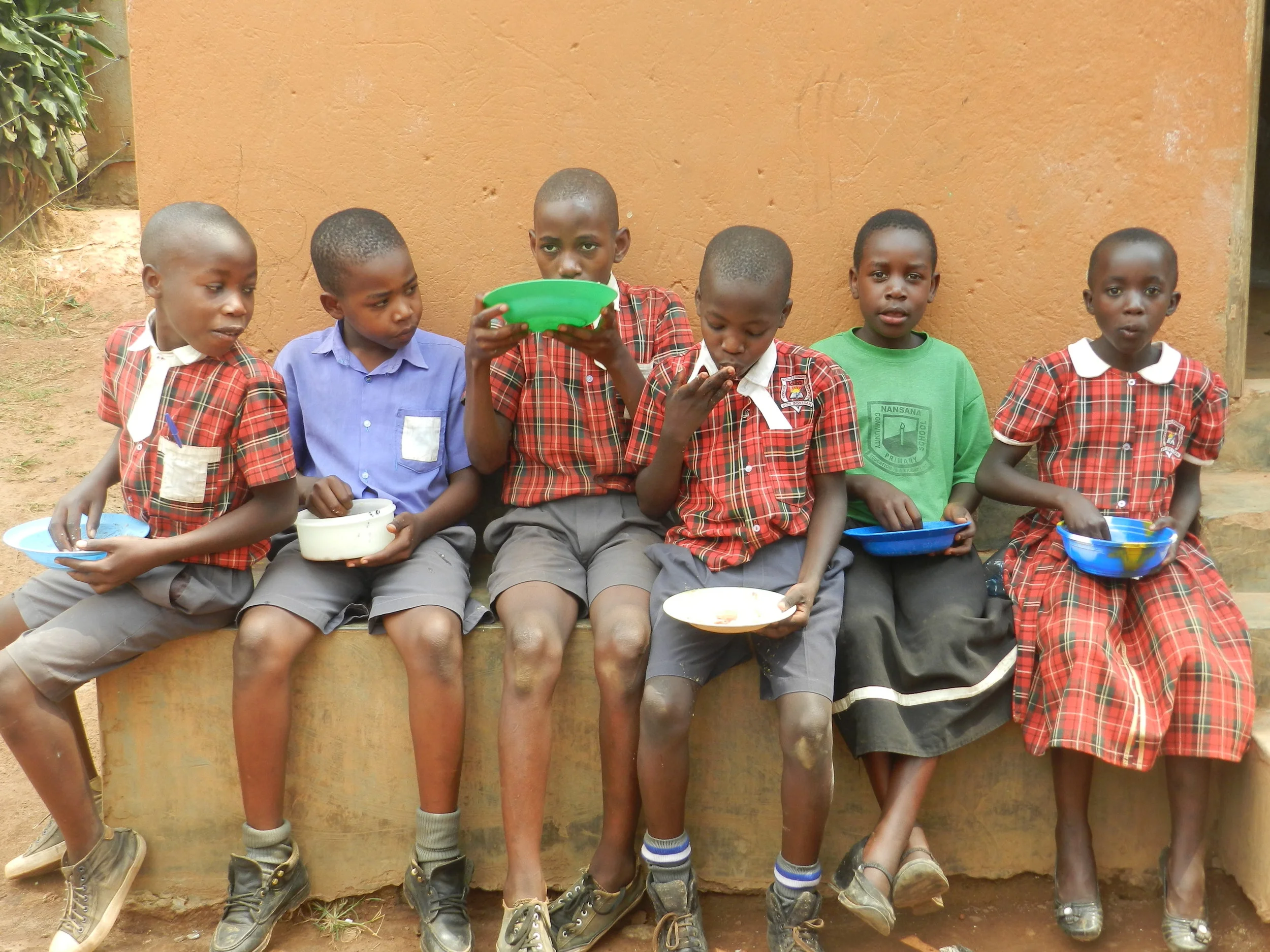Change is never easy but it is often necessary to survive.
As we prepare to relocate our family back to Canada, we reflect on how far we have come as an organization over the past two years and the necessary changes that have been made in our programs.
When we first launched Bridging Villages we believed wholeheartedly that our primary focus would be supporting Mugalula Community School and helping it to grow and develop while providing sponsorship for as many children as possible. We also had an intense drive to provide improved health services to people in Namavundu while simultaneously working with a preexisting women's vocational program to ensure the women in the community were able to provide for their families.
While some of these objectives have been adjusted, education and health services remain our top priority for both women and children, however, the way by which we accomplish these goals has changed.
Due to a series of events involving the administration at Mugalula Community School we were forced to make some hard decisions about our level of involvement with the school moving forward. Unfortunately there was a lot of deception and disrespect occurring with those in positions of power at the school. We were no longer confident that the money we were raising was going to be used in the most effective and beneficial way to truly impact the children in the community that needed it most. For these reasons we as a team decided to forgo any further financial support for building projects occurring at MCS during the 2018 fiscal year. We had agreed to discuss throughout the year how we felt about supporting the school in the future based on the experiences we had with the staff. Unfortunately, things only became worse and we had to make the decision to permanently terminate all financial support of MCS pertaining to development projects. However, this did not mean that the children that were sponsored at the school were impacted. We remain committed to ensuring our individual sponsor children and their families are given the tools necessary to thrive.
We also failed to establish the necessary contracts with the staff at Mirembe Health Centre III allowing us to provide the clinic with improved medical equipment. Specifically we struggled with having the Director agree that all machines or devices brought into the clinic would be used for charitable purposes and would not be used to make a profit for the clinic. According to Canada Revenue Agency we are obligated to ensure all our activities are charitable in nature and thus, without the assurance of the director that all our equipment would be used to benefit the community (provide free ultrasounds, blood work, urinalyses, etc.) we could not in good faith purchase these items for the clinic. We continue to work with Mirembe Health Centre III to ensure all of our sponsored children and community members enrolled in our programs receive medical care. However, we also work with various other health facilities in Kampala to ensure the children in our programs receive the necessary care they require should Mirembe Health Centre III be unable to provide it to them.
The work we do to further the vocational training of women in Namavundu has also evolved over the past two years. Originally we were working solely with a preexisting group run by two women in the community. Unfortunately we realized very quickly that the women in the program were not those that necessarily needed it most but were instead those that were friends or clan-mates of the leaders for the program. We struggled with this since our primary goal was to assist in the training of women who needed it most, to provide for their families. So, after a heavy brainstorming session among our board of directors, we decided to launch a no-income housing, equal employment opportunity training program for women in Namavundu. This is the project that I am most excited about. Not only will it provide a safe place to live for some of the most impoverished families in the community, but it will also provide the women a chance they have never been offered, to be trained in skills that will actually allow them the financial freedom to take care of their families! Crafts are an excellent way for women to make a small amount of money, but truthfully how many tailors does a single community need? We are excited to begin shifting the cultural framework that has kept women in such limited and restrictive occupations. We have begun to host community meetings to share our ideas of training women in typically "male" trades including carpentry, welding, mechanics, etc. and people are getting excited. These communities are largely run by women and so it only makes sense that the power to take care of the people in these communities is handed over to those that will do so most effectively, the women.
And so, our primary goals remain the same. We strive to provide high-quality education and training to the women and children in Uganda who need it most. We are committed to ensuring every person in our programs receive the nutrition they need and the medical care required to keep them healthy and strong so they are able to live their best lives.
Running an NGO in a developing nation is never easy. We strive to impart meaningful, longterm change in a unique way, that will eventually become self-sustaining and ensure those that are most vulnerable are put in positions to thrive and take control of their lives. This has always been our goal and with this are forced to continually take stock of our programs and determine which are meeting our expectations and which are floundering. Those that are struggling we have to make decisions about whether we think we can save them but more importantly, if saving them will be the best thing for the communities we are working in. These lessons have been tough to learn but have made us a stronger and more focused group of individuals that remain committed to helping Uganda's most vulnerable people thrive and live extraordinary lives!
~Lindsay

